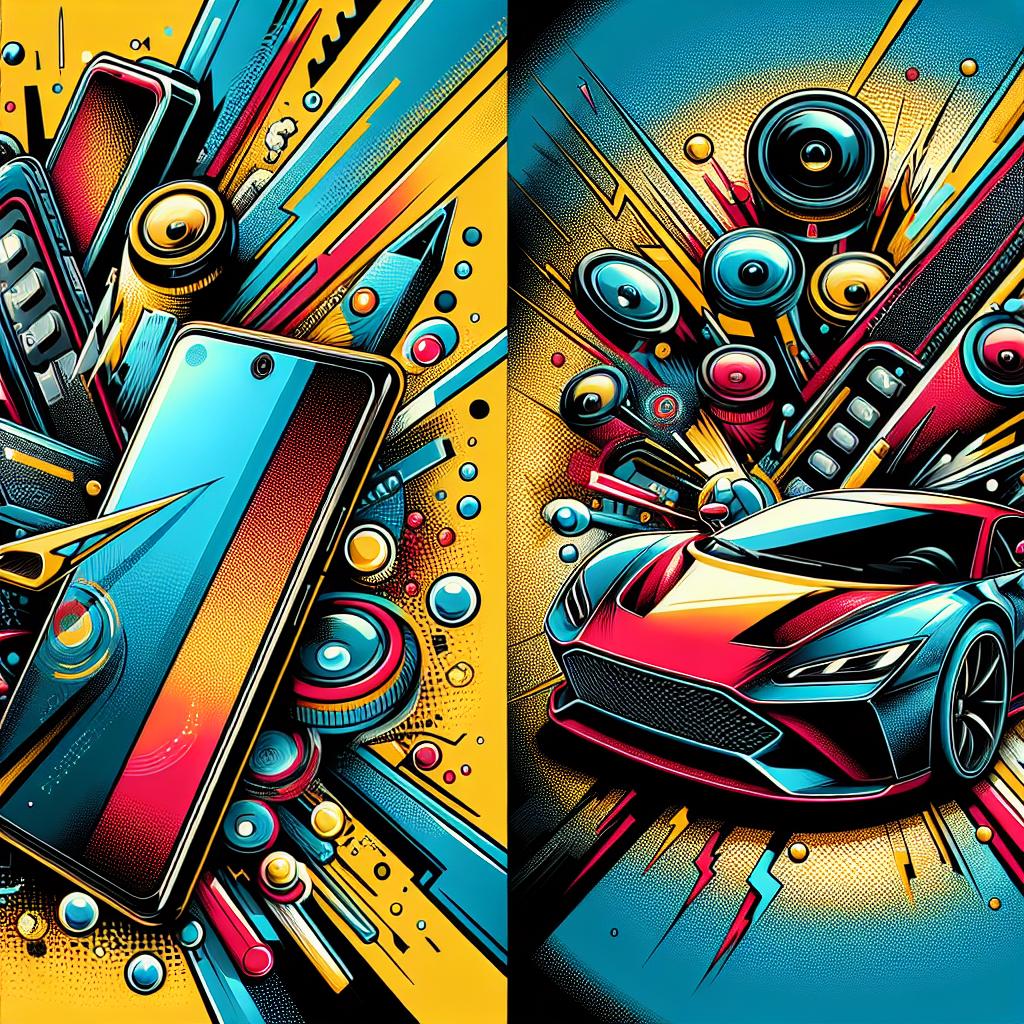-
Summary
- 2025-05-26 13:10

In today's competitive landscape dominated by tech giants and automotive manufacturers, consumers face an array of choices when selecting high-end gadgets or vehicles. A meticulous examination reveals how flagship products from renowned companies like Google and Samsung set benchmarks in the smartphone industry. By dissecting the specifications of the Google Pixel series, specifically focusing on the 'Pixel 9 Pro' and its extended variant 'Pixel 9 Pro XL, ' we observe a trend towards enhanced computational prowess, superior camera systems, robust battery life, advanced displays, versatile memory options, cutting-edge operating systems, and innovative hardware components. These elements collectively cater to discerning users who prioritize technological superiority and seamless integration within their digital ecosystems.
Conversely, the automotive sector showcases another facet of innovation with the introduction of sophisticated models like the anticipated 2025 Volkswagen Golf GTI. In this context, the focus shifts from intricate device specifications to the experiential aspect of owning a luxury automobile. Although priced at an exorbitant Rs 53 lakh, the allure lies in its promise of exhilarating driving experiences that can be described as 'bucketloads of fun.' Such high-performance vehicles not only serve functional purposes but also fulfill emotional desires associated with speed, agility, and aesthetic appeal. The visual documentation provided, including front-view images, further aids potential buyers in appreciating the design nuances before making purchasing decisions.
Looking ahead, both sectors indicate a trajectory marked by continuous advancements. Smartphones will likely witness more integrated AI capabilities, augmented reality enhancements, and possibly foldable designs becoming mainstream. Meanwhile, automobiles might see increased emphasis on electric drivetrains, autonomous driving technologies, and personalized user interfaces. As consumer expectations evolve, aligning product offerings with these emerging trends will be crucial for maintaining competitiveness and customer satisfaction among top-tier brands.
The recent analysis focuses on comparing detailed specifications across different smartphone models available for review on GSM Arena. Key points include the release and naming conventions of new devices from Google and Samsung. For Google, there are discussions about both 'Pixel 9 Pro' and its variant known as 'Pixel 9 Pro XL'. Both these models provide comprehensive details regarding their technical aspects such as processor type, camera features, battery capacity, display quality, memory options, operating system version, and other hardware specifics. On the other hand, Samsung introduces the 'Galaxy S25 Ultra', which also offers exhaustive specs covering similar parameters like processing power, imaging capabilities, battery performance, screen attributes, storage configurations, software platform, and additional hardware functionalities. This comparison aims to assist potential buyers in understanding the differences between high-end smartphones from leading brands.
The latest analysis from Autocar India focuses on both the launch details and performance aspects of the upcoming 2025 Volkswagen Golf GTI model.
In terms of pricing, this high-performance vehicle has been introduced into the market with an ex-showroom cost of Rs 53 lakh. Despite its premium price tag, it promises significant entertainment value through its driving experience which is highlighted as 'bucketloads of fun'. Visual representations accompanying these reports include front-view images capturing different angles of the car.